 onlinediplomasales@outlook.com
onlinediplomasales@outlook.com
 WhatsApp: +86 15079964823
WhatsApp: +86 15079964823
How to buy University of Cape Town diploma?
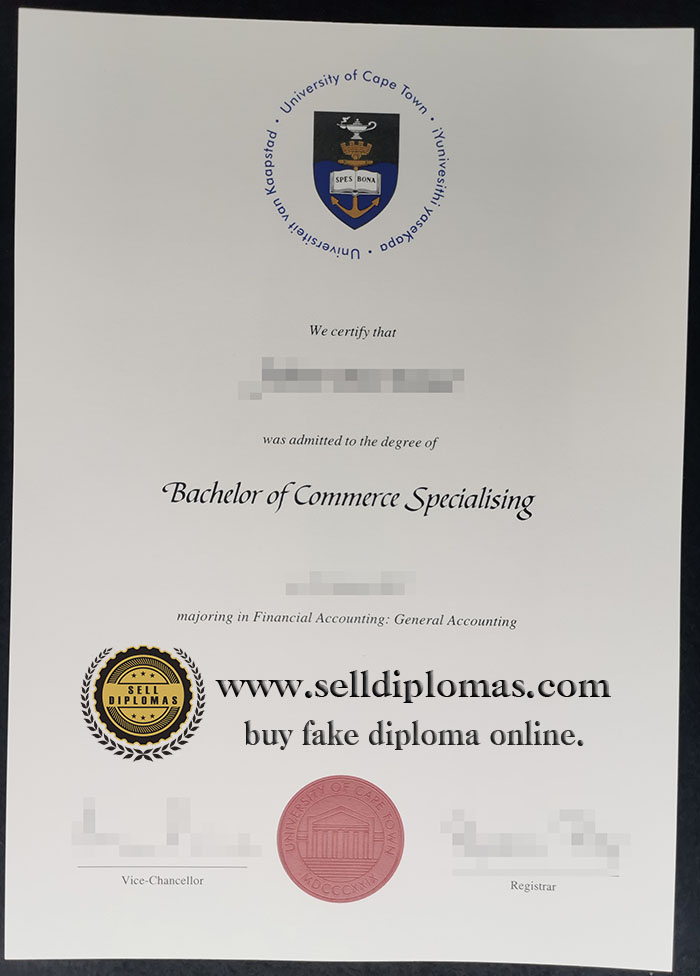
Order fake University of Cape Town diploma online, sell fake University of Cape Town degree online, sell fake University of Cape Town diploma online, sell fake diploma, sell fake degree, sell fake degree certificate, buy University of Cape Town diploma online, buy fake University of Cape Town degree.
The University of Cape Town (UCT) (Afrikaans: Universiteit van Kaapstad, Xhosa: iYunivesithi yaseKapa) is a public research university in Cape Town, South Africa. Established in 1829 as the South African College, it was granted full university status in 1918, making it the oldest university in South Africa and the oldest university in Sub-Saharan Africa in continuous operation.
UCT is organised in 57 departments across six faculties offering bachelor’s (NQF 7) to doctoral degrees (NQF 10) solely in the English language. Home to 30,000 students, it encompasses six campuses in the Capetonian suburbs of Rondebosch, Hiddingh, Observatory, Mowbray, and the Waterfront. It is the only African member of the Global University Leaders Forum (GULF) within the World Economic Forum, which is made up of 26 of the world’s top universities.
Five alumni, staff members, and researchers associated with UCT have won the Nobel Prize. 88 staff members are part of the Academy of Sciences of South Africa.
There have been several campaigns at the university to divest its endowment. Fossil Free UCT was formally established in 2015 as a campaign by environmental activism lobbying groups and student organisations, most notably the Green Campus Initiative compel UCT to divest from fossil fuel companies which resulted in a non-binding resolution passed by UCT’s Convocation in 2017 to support the divestment. Student lobby groups, most notably the Palestinian Solidarity Front and the SRC called on the university’s management to divest from Israeli companies and organisations working in the Palestinian Occupied Territories (among other demands), which, in the end, the university refused to do.
The university’s income comes from a combination of government grants, tuition fees, donations, investment and research income. In the 2017–2018 financial year, the university received R1.415 billion in state subsidies, R1.428 billion in tuition fees and R539 million in other income. R1.2 billion was committed to student financial aid for both undergraduate and postgraduate students from the university, the government through the NSFAS scheme and the university’s partners and donors.



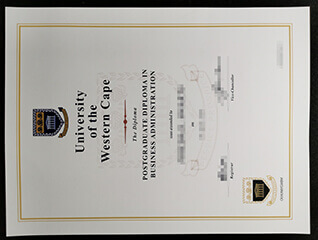
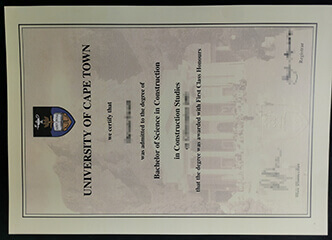
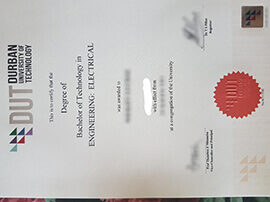
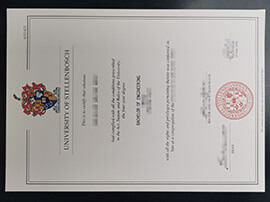

 WeChat Code
WeChat Code  WhatsApp Code
WhatsApp Code